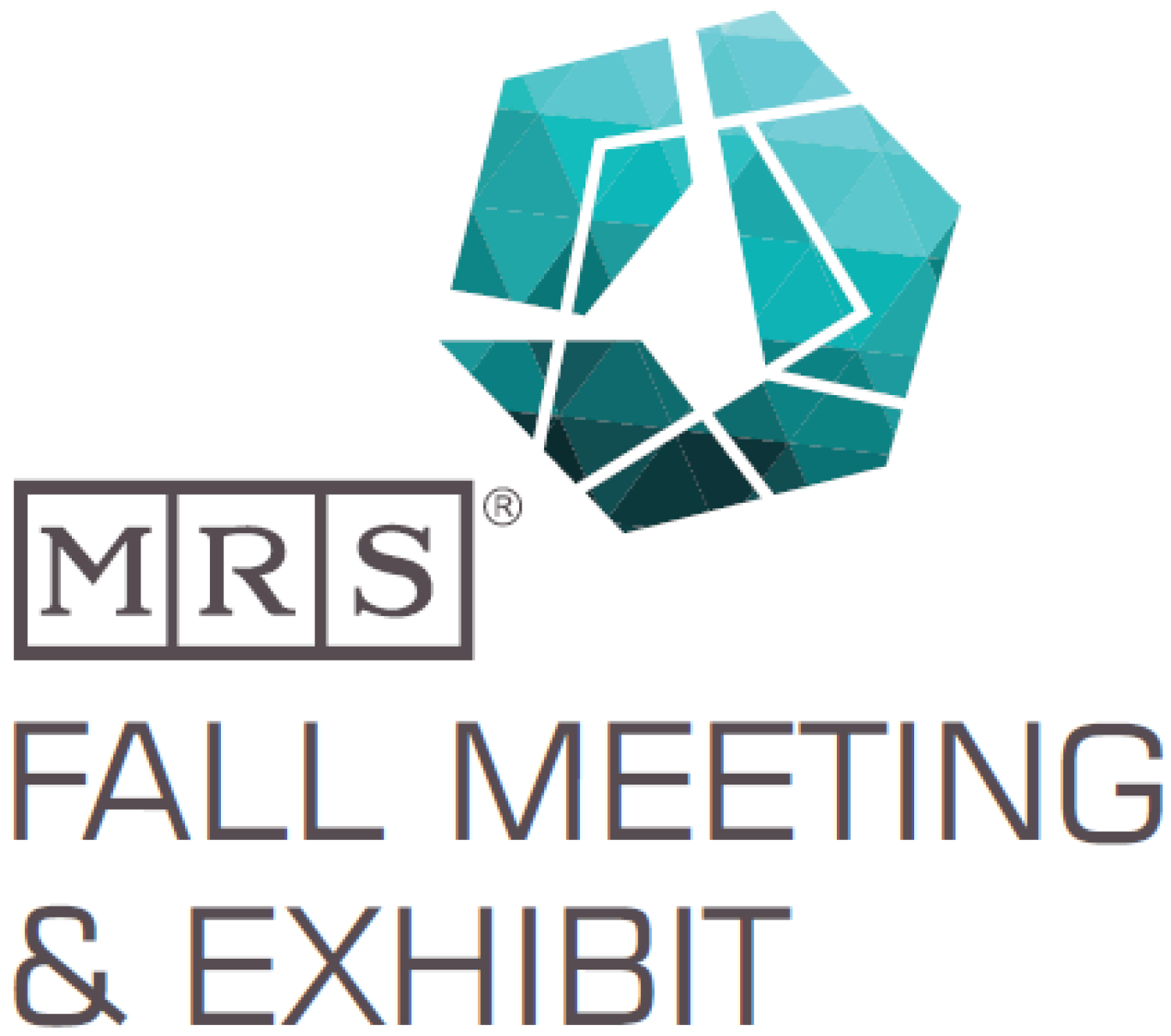Microassembly Symposium at the Fall MRS Meeting

Greg is co-organizing a symposium on Microassembly Technologies at the Fall 2017 Materials Research Society meeting from November 28-30 in Boston, MA.
Symposium PM04 - Micro-Assembly Technologies -Fundamentals to Applications
Driven by innovation in nanotechnology, nano-materials and nano-devices have made significant progress. There is strong interest in manipulating mesoscaled components (ranging from millimeters to micrometers) containing assemblies of these nanoscale devices, to position them precisely onto host substrates with sub-micrometer accuracy for applications such as widely distributed sensors and other networked devices. Throughput in robotic pick-and-place operations has increased dramatically in recent years and the component dimensions capable of being handled by industrial robots is approaching the micrometer-scale size of cells and microorganisms. The integration of high-performance microscale materials and devices onto target objects enables new kinds of heterogeneous material systems with desirable architectures and functionalities that are inaccessible by conventional assembly methodology. Micro-assembly technologies are the practical ways to make such microscale heterogeneous combinations possible. The aim of this symposium is to address the state-of-the-art and challenges of micro assembly technologies available in diverse research fields including but not limited to robotics, 3D printing, system-in-package (SiP), 3D MEMS, and flexible/wearable electronics. This symposium also deals with microstructures created by bottom-up technologies such as directed/undirected self-assembly and phase separation with synthetic polymers or natural biopolymers like DNA. Microassembly enables 3D microsystem assembly/packaging and heterogeneous material integration with a variety of strategies depending on different size scales down to micrometers or even smaller. Challenges in the current micro assembly technologies encompass scalable assembly with high precision and high throughput, efficient interconnection and functionalization of assembled devices, and enhanced interfacial properties between heterogeneous materials to ensure not only strong mechanical bonding but also desired electrical, thermal or optical contact. This symposium brings the researchers from different research fields such as robotics/automation, LSI, MEMS, Si photonics/LED, bioengineering/biomedical devices, and flexible/wearable electronics to bridge the gap between different sectors and to share the current trends, challenges, and future directions in micro assembly technologies including materials, processes, devices, and their characterization.
Topics will include:
- Fluidic micro assembly
- Laser-assisted transfer processes
- Robotic micro assembly
- Transfer printing using elastomers or other polymers
- Novel interconnections of micro assembled devices
- Application and devices enabled by micro assembly
- Electric or magnetic field-assisted transfer or assembly processes
- Self-alignment, self-organizing, self-assembly and self-folding
- Microstructures by DSA, undirected self-assembly, and phase separation
- Surface/interface properties and functionalization that facilitate assembling process
- Novel materials and materials combinations created by micro assembly
More information at the Fall 2017 MRS site.

